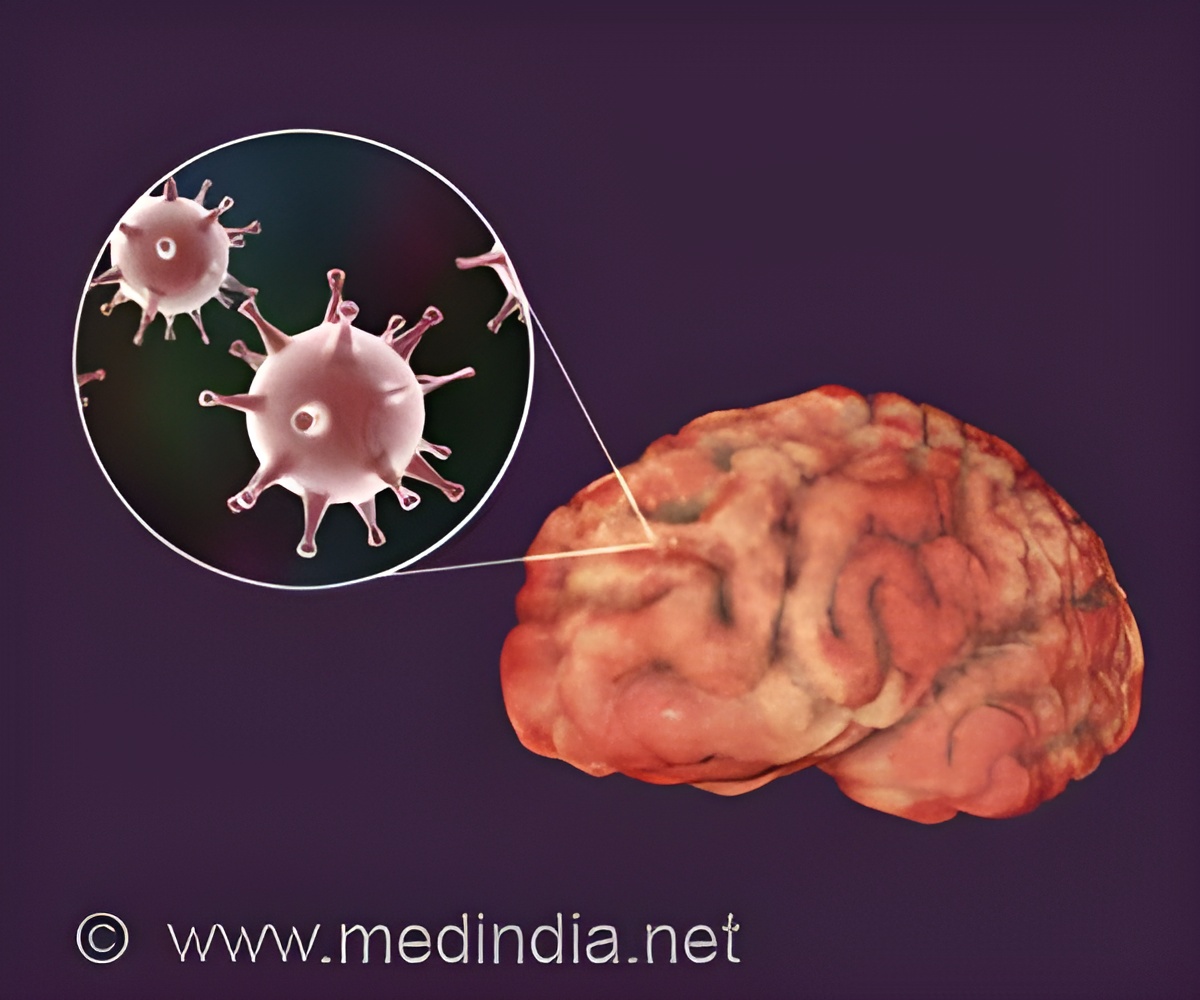Scientists have identified an anti-viral gene that affects the risk of both Alzheimer’s disease and severe COVID-19.

‘Scientists have identified an anti-viral gene that affects the risk of both Alzheimer’s disease and severe COVID-19.
’





The study demonstrates that a specific genetic variant of the OAS1 gene escalates the risk of Alzheimer’s disease by 3-6%. Following it, related variants on the same gene also increase the possibility of severe COVID-19 outcomes. This may help formulate new drug targets against both the disease and its progression. The findings may also hold probable benefits against dementia and other similar infections.
OAS1 gene and Risk of AD & COVID-19
“While Alzheimer’s is primarily characterised by harmful build-up of amyloid protein and tangles in the brain, there is also extensive inflammation in the brain that highlights the importance of the immune system in Alzheimer’s. We have found that some of the same immune system changes can occur in both Alzheimer’s disease and COVID-19. In patients with severe COVID-19 infection, there can also be inflammatory changes in the brain. Here we have identified a gene that can contribute to an exaggerated immune response to increase risks of both Alzheimer’s and COVID-19”, says Lead author Dr. Dervis Salih (UCL Queen Square Institute of Neurology and UK Dementia Research Institute at UCL).
The gene OAS1 is found to be expressed in immune cells of the brain – microglia. The study sequenced genetic data from 2,547 people, among which, half of them had Alzheimer’s disease.
Advertisement
As the OAS1 activity changes with age, further genetic research is required to understand why older people are more vulnerable to Alzheimer’s, COVID-19, and other related diseases.
Source-Medindia















